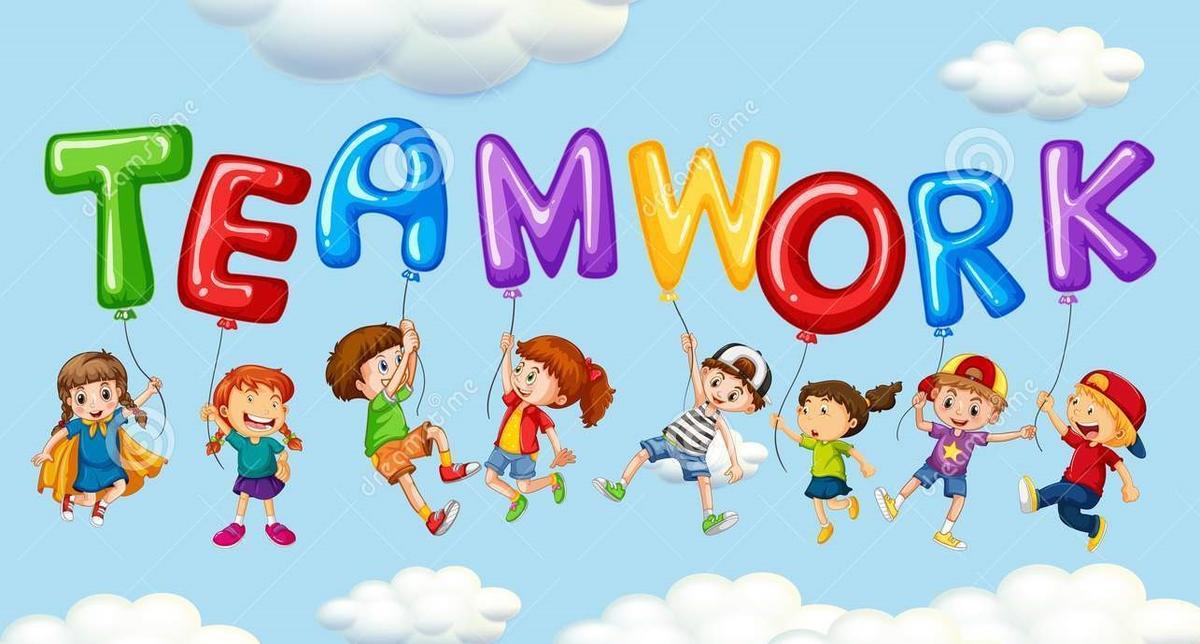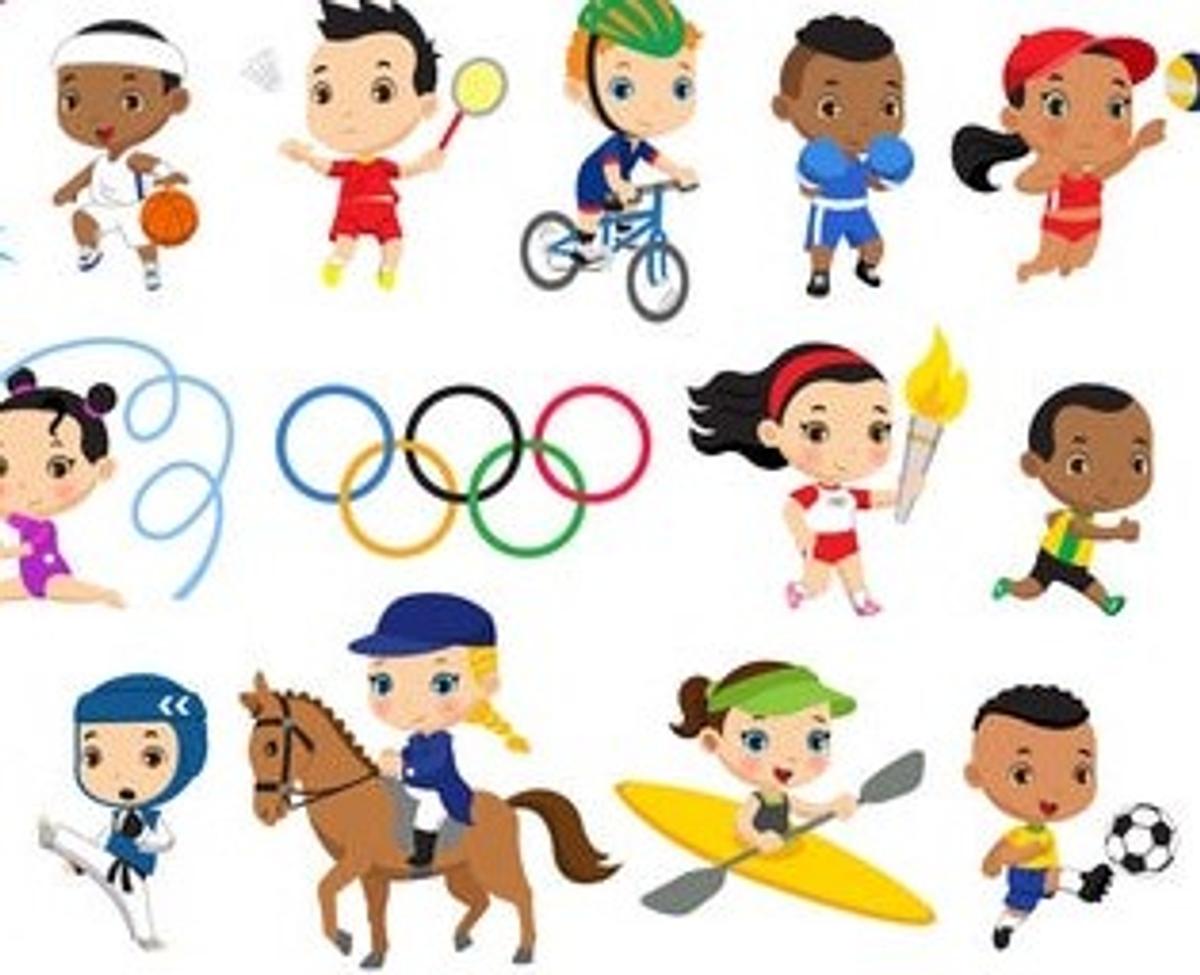
Wellbeing
Wellbeing Literacy Leader - Emily Murcott
Recently I have been noticing the amount of teamwork which is in our everyday lives. Whether that be in the Olympic Games, the AFL football, staff working with their peers, the Production early this term. The list goes on and on. However, it really dawned on when 3 prep girls visited me today and shared what they had created as a team.
Addison, Mackenzie, and Mia (PES) had been working together to develop and write a story. They compiled the story into a book and then created the main character using what was available to them in Investigations. They were proud of their fantastic efforts. What a team! Well done girls and thankyou for sharing! Great teamwork and very creativity.
The Olympic Games are captivating our attention and inspiring us throughout their athleticism, their determination, the love and passion that they have for their sport, and the teamwork that everyone demonstrates in all events in the Olympic Games. You may be thinking, what about individual athletes? They don’t need teamwork. Well, yes they do. They have such a committed team around them to mentally, physically and emotionally prepare for this event. Every individual must forge together to play an integral part in their journey and hopefully their success.
Check out these Ukrainian gymnasts from the 2010 World Championships who are demonstrating incredible teamwork - https://www.youtube.com/watch?v=Q5L4MT8LdOQ
Teamwork means that in team situations you are committed to contributing to the team’s success. The team could be a workgroup or a sports team, but it could also refer to your family, marriage, or even a group of friends working on a project together. Teamwork extends to being a good citizen of your community or country, and more broadly to a sense of social responsibility for particular groups of people or even all of humanity. In other words, the person high in teamwork applies a certain way of acting in whatever context they consider themselves committed to the good of the group as a whole. Most commonly, however, this strength refers to your being a dedicated, reliable, and contributing member to your small group or team. Teamwork is closely related to 3 other concepts:
- Citizenship: responsibility toward one's community
- Loyalty: unwavering trust for a group
- Patriotism: loyalty toward one's homeland/nation without hostility toward other nations
How do you show Teamwork at home or in your workplace? As a parent, I encourage you to verbally acknowledge when your children are demonstrating teamwork. This is a strength and let's encourage teamwork. Why should we do this? Read on to learn the 4 main benefits of Teamwork for Student Development and Success?
1. TEACHES YOUR CHILD ESSENTIAL SOCIAL SKILLS.
Teamwork teaches essential communication and social skills, such as active listening and effective speaking. When working as a team, students learn how to listen to their leaders and coaches in order to perform their individual roles. Students learn how to listen to one another in order to function as a cohesive unit. Teamwork teaches students how to respectfully and confidently express their ideas and opinions effectively in a group setting. It’s important for students to recognize that speaking is not the same as talking. Speaking is about understanding how to communicate with an audience. The way in which a student speaks to other group members demonstrates her level of understanding and respect for others.
2. IMPROVES YOUR CHILD'S SELF-CONFIDENCE.
Teamwork teaches students that their voices are respected and valued. Knowing that they will be heard helps build a student’s self-confidence while encouraging further participation in group activities. This becomes a self-sustaining cycle: participation in team activities teaches students how to be better communicators, which in turn helps every member of the team feel valued and respected. As a result, even the most introverted and quietest members of the team can become active participants and learn to enjoy team activities.
3. INCREASES CONNECTIONS
Teamwork encourages friendships. When students know that they are valued and respected by others, they become more resilient and increase their self-confidence. Being a part of a team that genuinely cares about its members will also give a student a strong support system. Ultimately, team members tend to stick together outside of collaborative settings (like sports practice and clubs), which means they can support one another in challenging settings.
4. SETS YOUR CHILD UP FOR FUTURE SUCCESS.
The benefits of teamwork almost always translate into success outside the classroom.
There are very few career paths that operate in isolation. As an employee in almost any industry, people are required to work closely with others. That’s why employers prefer to hire people who have demonstrated their ability to work as a part of a team. Introducing students to collaborative environments early in their school experiences presents opportunities for them to be more productive and joyful as they work with others in a team-based environment. This satisfaction will be reflected in their job performance and career advancement.
One of our ES staff has a daughter who is 15 and was really struggling with lockdown and covid in general. On one particularly bad day she was talking with a friend online and told her how down she was. 20 mins later we received a knock at the door. Her friend had sent uber eats with her favourite Maccas meal. What a friend!
Anglicare
Parent Zone - Finding the Hope.
Would you like tips and strategies to:
- Manage better and survive during these uncertainties?
- Support our kids to cope during uncertainty?
- Manage expectations?
- Parent anxious children?
Click and open the following attachment to find out further details
Anglicare - The New Normal
Emotion Focused Parenting
Would you like tips and strategies to:
- Better understand and talk with your child during these changing times?
- Help your child learn to manage their emotions and deal with conflict?
- Manage challenging behaviours?
- Parent anxious children?
Children with emotional intelligence:
Have greater success with making and keeping friends
Show improved concentration at school
Have fewer illnesses
Click and open the following attachment to find out further details





